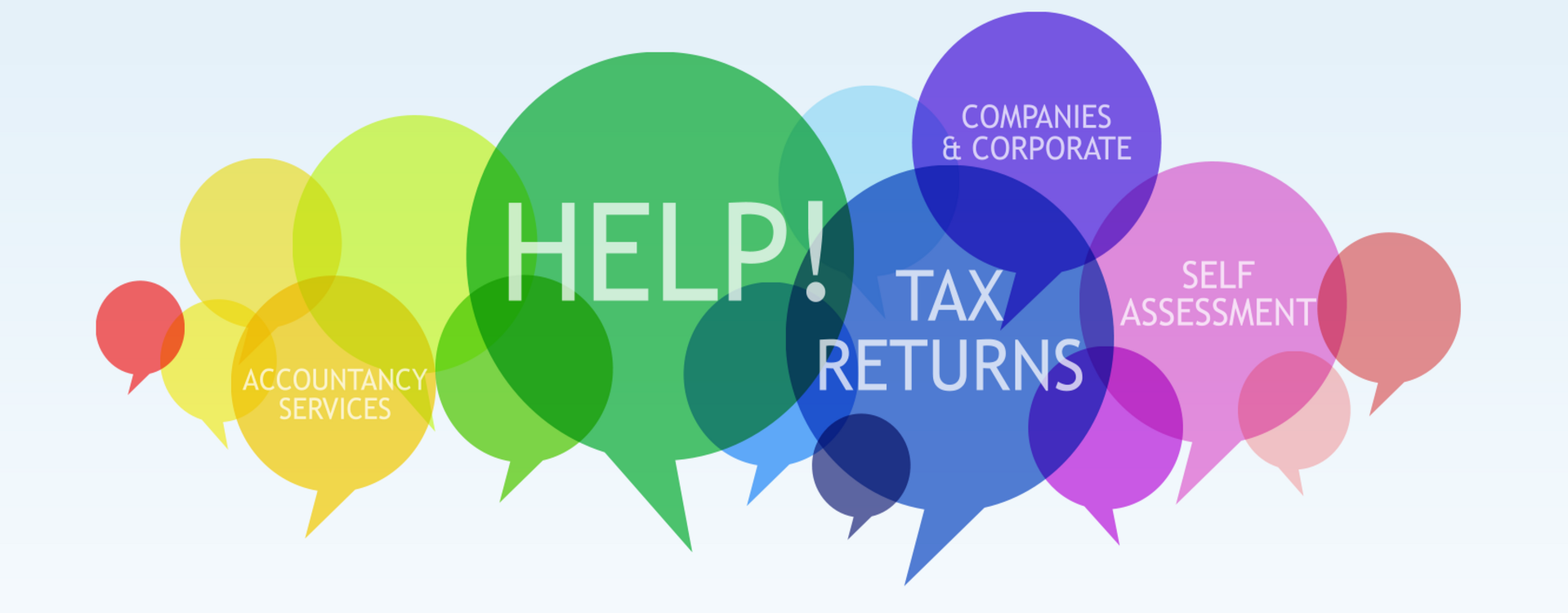What is contracting?
A contractor is someone who works for a company for a set period of time in order to provide a specific set of skills or services, at a set fee. This is often for the duration of a particular project or as temporary cover.
Contractors frequently work in the following industries:
- Management consultancy
- IT consultancy
- Engineering
- Construction
- Medical
- Cyber security
- Marketing
- Design
- Education and training
As an alternative to full-time employment, a contractor will work for themselves rather than being an employee of the company they provide services to. This allows a greater level of flexibility in terms of working hours and the way work is delivered. However, being a contractor often removes many common employment benefits some may be used to.
Many people new to contracting may decide to operate under an ‘Umbrella Company’. This is often seen as somewhere between contracting and being an employee. The Umbrella Company typically manage the income tax and National Insurance requirements, whilst the contractor has the freedom of deciding the contracting roles they would like to work on. Under this format, the contractor generally will receive the same employment benefits as a full-time employee.
Operating through your own limited company is the most common option for many contractors. Not only does this allow flexibility in the ways that you work but it also provides more control in the way your personal income is structured. Whilst this does require a greater level of responsibility and company administration, the rewards of maximising your take home pay in the most tax efficient way are often very beneficial.

What is IR35?
The purpose of IR35 is to target employees who are disguised as contractors. These people will be receiving all the rewards of being an employee as well as the tax efficiencies of being a contractor. This is viewed as tax avoidance by HMRC and IR35 is in place to stop this.
These ‘deemed employees’ who are caught by IR35 are restricted on the way they can take their income and are essentially treated as an employee of the company they are contracting for, which removes the tax efficiencies of a contractor.
Anyone who is genuinely a contractor should have nothing to worry about with regards to IR35. However, we are more than happy to do an initial review of new contracts to advise whether it is something that needs to be considered. This gives you the comfort that you are operating outside of IR35.

What are my accounting requirements?
As a contractor operating through a limited company there are a number of accounting requirements you would need to meet, these are as follows:
- Maintaining business records
- Registering for VAT (if applicable)
- Submitting payroll
- Submitting P11d (if applicable)
- Submitting annual accounts to Companies House
- Submitting corporation tax return to HMRC
- Submitting confirmation statement
- Submitting personal Self Assessment to HMRC

Do I need a contractor accountant?
There is no legal requirement to have an accountant; however, unless you have experience in completing all accountancy tasks required, we would advise you to appoint an accountant to assist you with this process.
Failure to be compliant and being late or missing deadlines, may result in fines and penalties being applied by HMRC and the Companies House. Having an accountant can assist you in meeting the relevant deadlines, and ensure work is completed correctly, thus avoiding any unwanted fines and penalties.

What contractor accountancy services should I be receiving?
As a contractor, you want to make sure you are receiving the relevant services, in order to be compliant with HMRC and Companies House, as well as receiving the relevant tax planning, to maximise your take home pay. There are several services that won’t be applicable to someone contracting through a limited company and therefore it’s important you aren’t paying for these services.
We offer the following contractor accountancy services which are tailored to a contractor operating through a limited company:
- Bookkeeping
- VAT returns (if applicable)
- Payroll
- P11d
- Annual accounts
- Corporation Tax return
- Confirmation statement
- Self Assessment
- Personal tax planning
- IR35 contract review

How can cloud accounting software help me as a contractor?
Operating a limited company as a contractor is only done so to receive the benefits of flexibility and tax efficiency, therefore you don’t want to be spending all of your time manually maintaining your records. Cloud accounting software can resolve this for you and give you that valuable time back to do some more contracting or take a well-needed rest!
Cloud accounting software can automatically pick up your business bank transactions, create sales invoices in seconds and automatically obtain your expenses.
We appreciate that contractors are often on the go and away from home. Cloud accounting software can be operated via a mobile app so you’ve always got the functionality and access to your figures.

